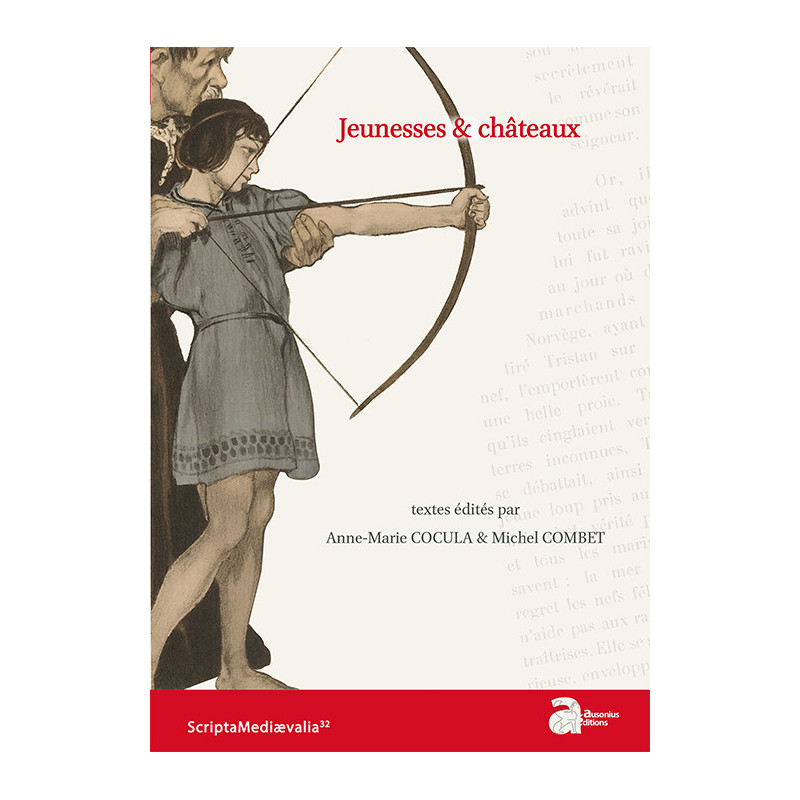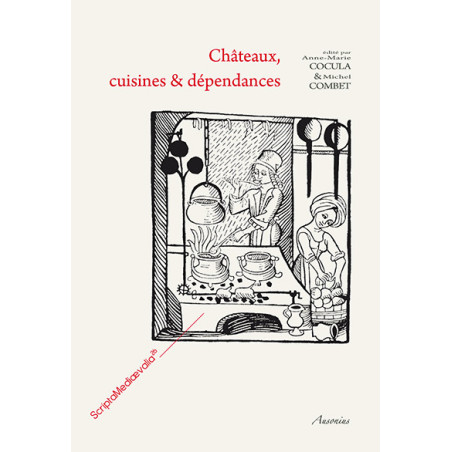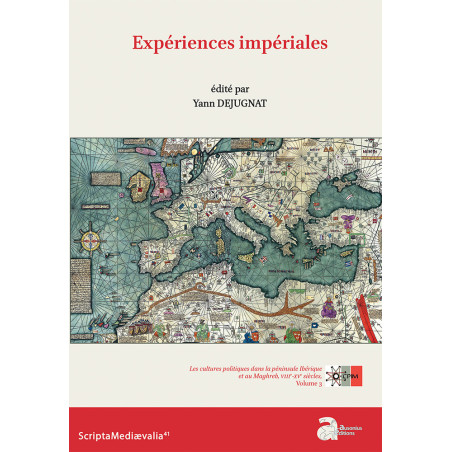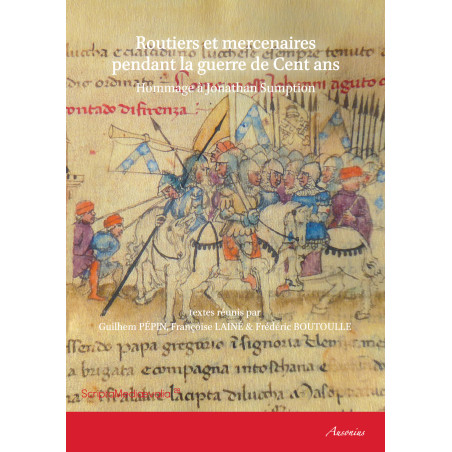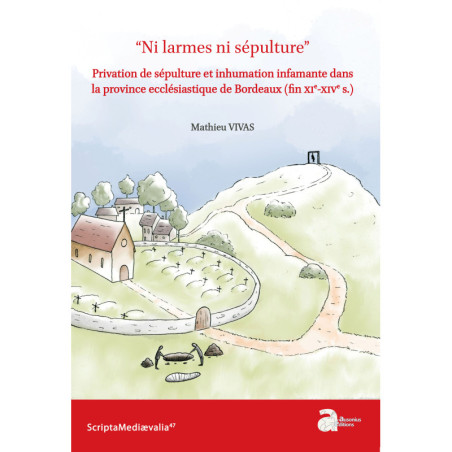Scripta Mediaevalia 32
Jeunesses & châteaux
Which child has never dreamed, through fairy tales, cloak-and-dagger novels, comic books, or Walt Disney movies, of living in a castle? Towers that reach for the sky, dark underground passages where treasures shine, fiery knights who rescue sleeping princesses, everything speaks of adventure, glory, love, and freedom. But beyond this green paradise of children’s images, the historical reality is quite different – these 24th Rencontres seek to give illustrations to this. Since the early Middle Ages, the castle nobility has been concerned with the education of their children, in accordance with their birth, their sex, and their future establishment. Thus, for centuries, the castle was the privileged space of reproduction and education of the noble elites. Happiness for some – the moving pages of Montaigne guided by a loving father come to mind, or those of Talleyrand and his grandmother at the castle of Chalais. Torment for others – René de Chateaubriand in the castle of Combourg as dark as the mood of his father. The situations vary according to the times. But from the governor to tutors, to the riding and dancing masters, the castle was the concrete space for the training of future squires, who were then sent to colleges or military academies. The girl also left for the convent or religious boarding schools. Youth at the castle was short-lived, but the vacations, which brought together siblings and cousins made them forget the constraints of school. Memoirs and correspondence testify with melancholy to these happy times. After the French Revolution, the nobility of the 19th century “reinvented” itself, between nostalgia for the Ancien Régime and the need to adapt. Returning to their lands, they reaffirmed, within the old ancestral walls, their immemorial values, and many men and women took up the pen, such as the Countess of Ségur, to ensure their handover.
Anne-Marie Cocula is an Emeritus Professor at Bordeaux Montaigne University and President of the François Mauriac Centre at Malagar.
Michel Combet is an honorary lecturer at the University of Bordeaux - INSPE of Aquitaine.
On the same subject
Scripta Mediaevalia 41
Expériences impériales. Les cultures politiques dans la péninsule Ibérique et au Maghreb VIIIe-XVe siècles 3
Publication date :01/10/2020
Scripta Mediaevalia 28
Routiers et mercenaires pendant la guerre de Cent ans
Publication date :01/03/2016
Scripta Mediaevalia 47
Ni larmes ni sépulture
Privation de sépulture et inhumation infamante dans la province ecclésiastique de Bordeaux (fin XIe-XIVe siècles)
Publication date :13/06/2023
